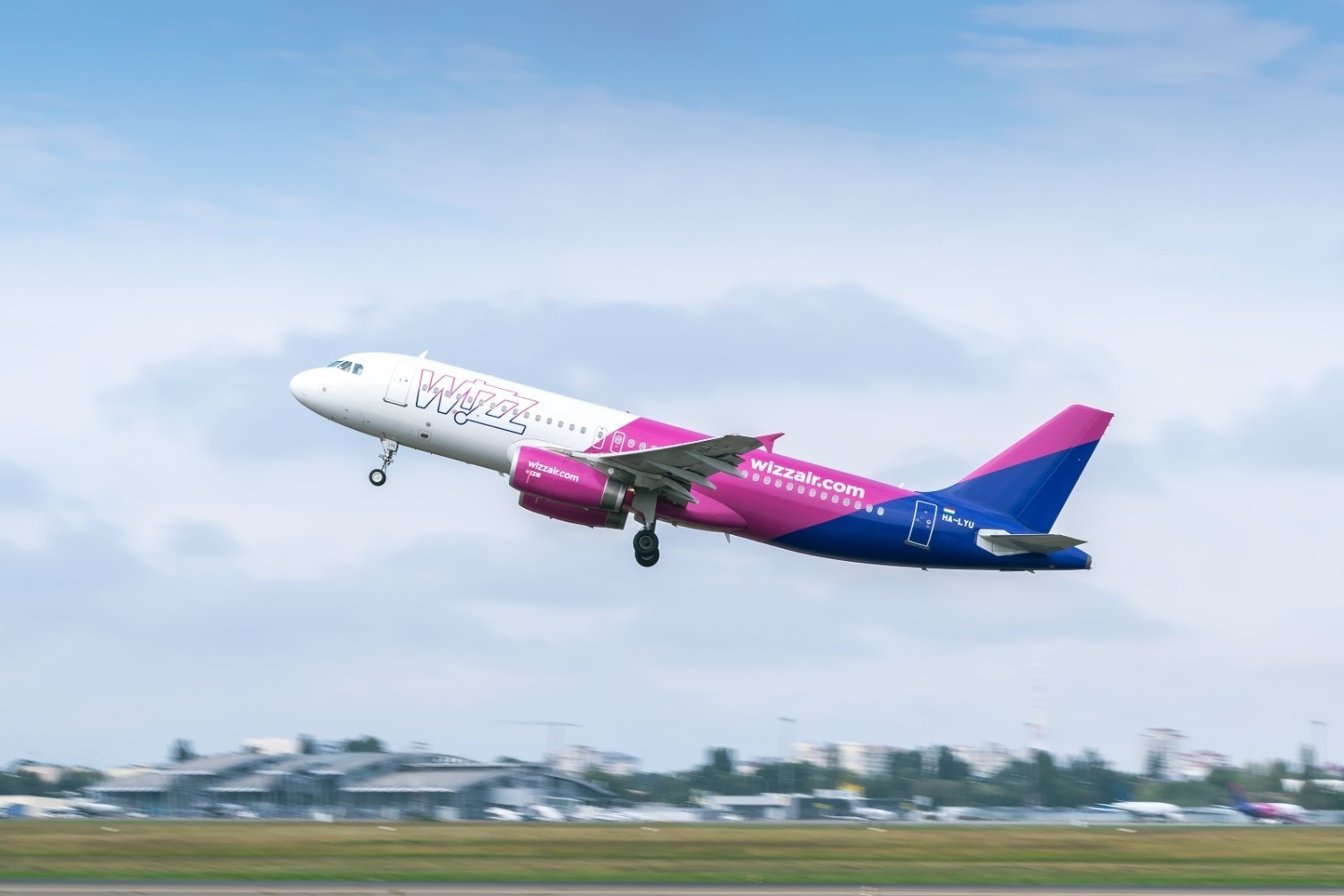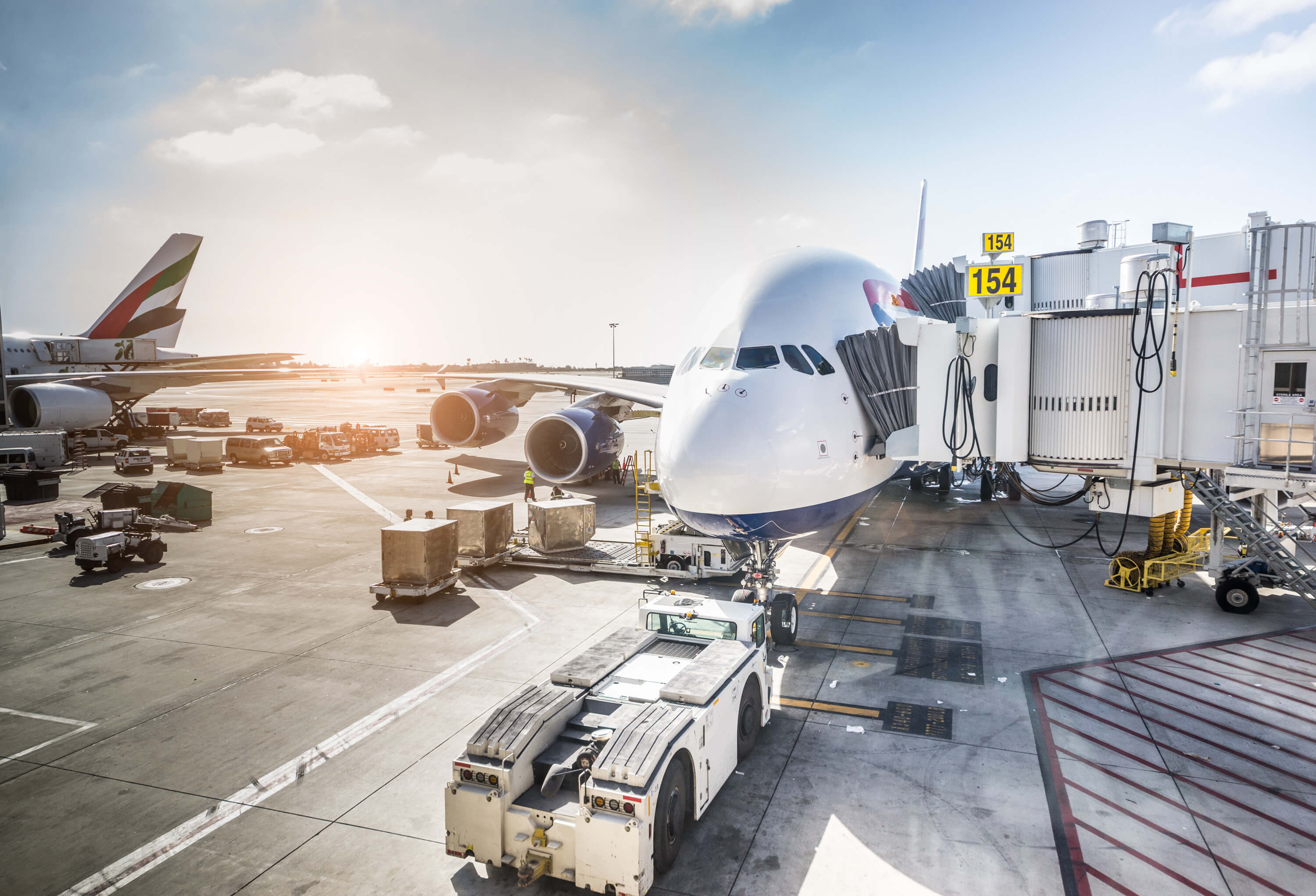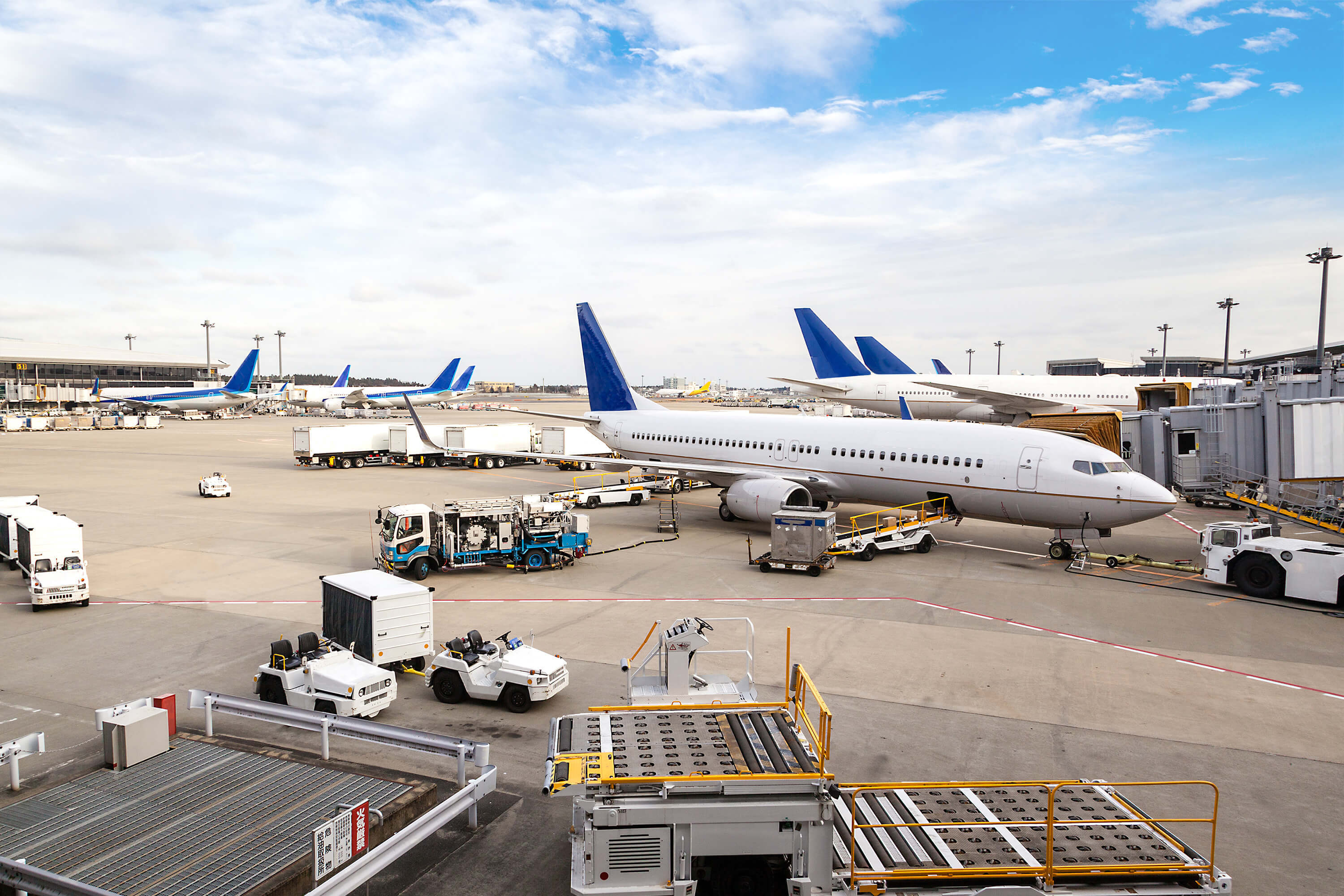Wizz Air shifts from Salzburg to Vienna, reflecting changing priorities

Wizz Air, one of Europe's leading low-cost airlines, has recently made a strategic decision to shift its focus from Salzburg to Vienna. The move signifies a change in the airline's priorities and reflects the dynamic nature of the aviation industry. This article explores Wizz Air's decision, its implications for both Salzburg and Vienna, and the broader factors influencing airline route planning and network strategies.
Wizz Air with a shifting landscape in airline operations
The aviation industry is constantly evolving, with airlines adapting their strategies to meet changing market dynamics and passenger demands. Wizz Air's decision to shift its focus from Salzburg to Vienna exemplifies this adaptability. While the move may have repercussions for Salzburg, it aligns with the airline's broader strategic goals and reflects the evolving nature of airline route planning.
Wizz Air's focus on Vienna airport
Wizz Air's decision to concentrate on Vienna airport comes as no surprise given the city's status as a major European hub and a thriving tourism destination. Vienna's strategic location, well-developed infrastructure, and strong market potential make it an attractive base for airlines seeking to expand their operations. By focusing on Vienna, Wizz Air aims to tap into the city's growing air travel market and maximize its presence in the region.
Implications for Salzburg airport
The shift in focus from Salzburg airport to Vienna airport inevitably raises questions about the impact on Salzburg's air connectivity and tourism industry. Salzburg has long been a popular destination for leisure travelers, particularly due to its rich cultural heritage and proximity to the Alps. While Wizz Air's reduced presence in Salzburg may pose challenges for the local tourism sector, it is essential to recognize that multiple factors influence an airline's decision to adjust its route network.
Airlines regularly assess their route networks to ensure optimal utilization of resources and meet changing market demands. Factors such as passenger demand, competition, infrastructure, and commercial viability all play a role in shaping an airline's route planning decisions. In this case, Wizz Air's strategic realignment reflects its commitment to adapting to market realities and capitalizing on opportunities that align with its business objectives.
The aviation industry is characterized by intense competition, and airlines must continually adapt to stay relevant and competitive. By shifting its focus from Salzburg to Vienna, Wizz Air is aligning its operations with the changing dynamics of the European air travel market. This move enables the airline to consolidate its resources and strengthen its position in a highly competitive environment.
Wizz Air's decision also underscores the importance of seizing opportunities in strategic locations. Vienna's strong connectivity and high passenger volumes make it an attractive destination for airlines aiming to expand their reach. By concentrating its operations in Vienna, Wizz Air can optimize its services, offer more flight options, and tap into a larger customer base.
Wizz Air's decision to shift its focus from Salzburg to Vienna reflects the airline's evolving priorities and the dynamic nature of the aviation industry. While this move may have implications for Salzburg's air connectivity and tourism sector, it is essential to recognize that airlines must constantly adapt to changing market conditions to remain competitive. As the industry continues to evolve, airlines will continue to adjust their route networks and strategies to maximize opportunities and meet the evolving demands of passengers and markets.
Latest posts
What to do if your flight is delayed or cancelled: Guide
Learn what you can do if your flight is delayed or canceled and how to make use of your rights.
What to do if you miss your connecting flight: A guide
Learn what to do if you miss your connecting flight. Tips on compensation, rebooking, and your rights!
UK flight compensation laws: What changed after Brexit?
Flight compensation in the United Kingdom post-Brexit: Claims for flight delays, cancellations, and denied boarding.
About MYFLYRIGHT
MYFLYRIGHT is a legal tech company, specialized in the support of airline passengers affected by flight delays, flight cancellations, denied boarding, delayed or lost luggage and the refund of unused airline tickets. MYFLYRIGHT was founded 2016 in Hamburg, Germany. The company operates out of 3 offices, its headquarter in Hamburg and its branches in Prague, Czech Republic and Zaporizhia, Ukraine. Currently, MYFLYRIGHT employs a team of around 25 people working in Marketing, Operations, Legal, Customer Support and IT. The organization operates across 5 markets – Germany, United Kingdom, Romania, Austria, and Switzerland.
MYFLYRIGHT’s goal is to provide access to justice for all aviation passengers who experience irregularities in their flight transportation. Notably, 75% of all compensation requests submitted by passengers get rejected. Whereas, MYFLYRIGHT is able to successfully execute the applicable customer claims in more than 98% of cases at court.












